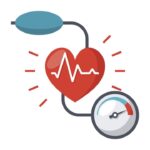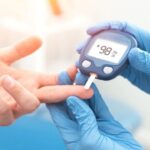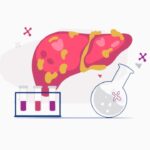The HPV vaccine is a crucial tool in preventing sexually transmitted infections caused by the Human Papilloma Virus (HPV). It has been proven effective in reducing the risk of cervical cancer and other HPV-related diseases. This article provides comprehensive answers to common questions about this vaccine.
1. What is the HPV Vaccine?
1.1. How the Vaccine Works
The HPV vaccine is used to prevent infections caused by the Human Papilloma Virus (HPV). Currently, two vaccines, Gardasil and Gardasil 9, are widely used. Both vaccines protect against the types of HPV that cause cervical cancer and other related diseases. The vaccine works by stimulating the immune system to produce antibodies against HPV. When exposed to the virus, the body can fight it off, preventing the infection and subsequent development of related diseases.
1.2. Who Should Get the HPV Vaccine?
The World Health Organization (WHO) recommends that females aged 9 to 26 receive the HPV vaccine to prevent sexually transmitted infections caused by HPV. Males can also receive the vaccine to reduce the risk of transmitting the virus to their sexual partners. Vaccination is an effective way to prevent HPV-related diseases, including cervical cancer, and helps protect both individuals and their partners from HPV infection.
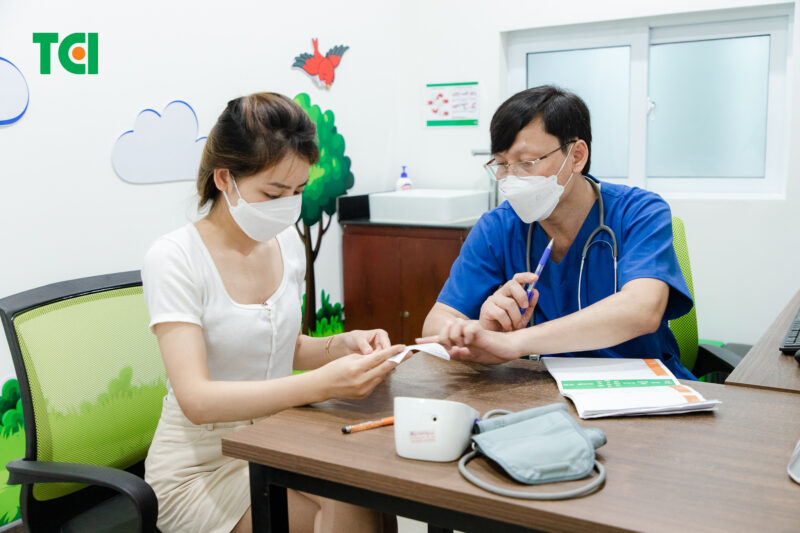
Females should get the HPV vaccine to prevent sexually transmitted infections caused by HPV
2. Usage Instructions, Effectiveness, and Side Effects of the HPV Vaccine
2.1. Dosage, Timing, and Administration of the HPV Vaccine
The vaccine is administered in doses over a set period. Specifically:
For Gardasil:
– Target Group: Females aged 9 to 26.
– Schedule: Three doses at 0, 2, and 6 months.
– Dosage: 0.5 ml per dose.
– Administration Route: Intramuscular injection.
For Gardasil 9:
– Target Group: Both males and females aged 9 to 26.
– Schedule for children aged 9-14: Two or three doses depending on the situation:
Two-dose schedule: The second dose is administered 6-12 months after the first.
Three-dose schedule: If the second dose is given less than 5 months after the first, a third dose is required at least 3 months after the second, ensuring all three doses are given within one year.
– Schedule for individuals aged 15-26: Three doses at 0, 2, and 6 months.
– Dosage: 0.5 ml per dose.
– Administration Route: Intramuscular injection.
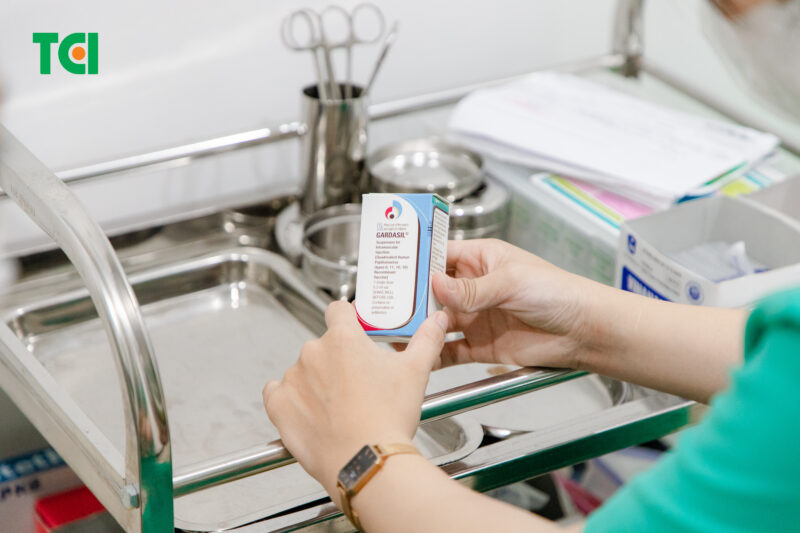
Not getting HPV vaccine leaves people at risk for HPV cancers and precancers (abnormal cells that can lead to cancer).
2.2. Vaccination Schedule Notes
The vaccination schedule is based on the age at the time of the first dose. For example, if the first dose of Gardasil 9 is administered before the 15th birthday, a two-dose schedule applies. Similarly, if the first dose is given before the 27th birthday, a three-dose schedule applies even if the subsequent doses occur after turning 27. A rapid schedule can be used in urgent cases, with three doses given as follows:
– First Dose: At the start.
– Second Dose: At least one month later.
– Third Dose: At least three months after the second dose. All three doses should be completed within one year.
2.3. Effectiveness and Side Effects
The HPV vaccine has been shown to be effective in preventing cervical cancer and other HPV-related diseases. It also reduces the risk of transmitting the virus to sexual partners. However, no vaccine offers 100% protection, so continuing other preventive measures is important. Like all vaccines, the HPV vaccine can cause side effects, such as headaches, muscle pain, fever, nausea, and soreness at the injection site. These side effects are usually mild and temporary.
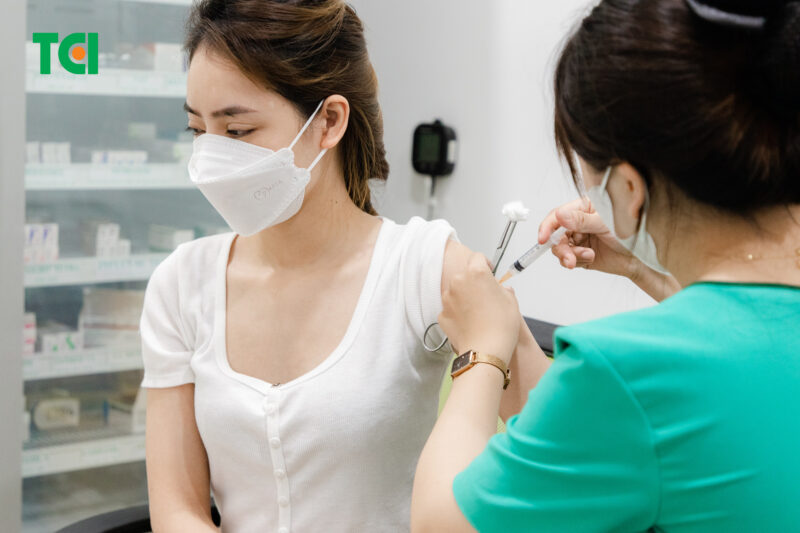
The HPV vaccine works very well in reducing your risk of getting HPV.
3. Frequently Asked Questions
Is this a cancer vaccine?
Gardasil and Gardasil 9 are not cancer vaccines per se. They are designed to prevent sexually transmitted infections caused by HPV, which can lead to cervical cancer and other diseases.
Can I get the vaccine if I’ve already had sexual intercourse?
Yes, you can receive Gardasil or Gardasil 9 even if you’ve had sexual intercourse. However, the vaccine only prevents infections from HPV types you haven’t yet been exposed to.
Can I get vaccinated during pregnancy?
It is not recommended to get Gardasil or Gardasil 9 during pregnancy. If you plan to become pregnant, get vaccinated beforehand. If you discover you’re pregnant after starting the vaccine series, consult your doctor about whether to complete the series.
Can I get vaccinated multiple times?
Currently, there is no evidence to suggest that receiving the HPV vaccine multiple times provides additional benefits. Completing the three-dose series is sufficient for protection.
Can I get Gardasil/Gardasil 9 if I’ve received other vaccines?
Yes, you can receive Gardasil or Gardasil 9 alongside other vaccines. Inform your healthcare provider about other vaccines you have received to ensure proper guidance and monitoring.
The HPV vaccine is a highly effective preventive measure against sexually transmitted infections caused by HPV, reducing the risk of cervical cancer and other related diseases. However, maintaining other preventive practices is crucial for optimal protection. For any further questions, please contact your healthcare provider for advice.




